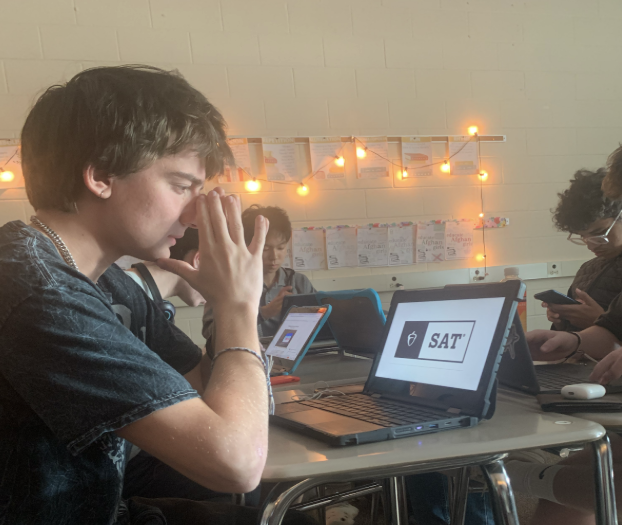Inspectors General were first introduced in the executive branch when former President Jimmy Carter signed the Inspector General Act of 1978. The Office of the Inspector General (OIG) is a generic term for the oversight division of a federal or state agency aimed at preventing inefficient or unlawful operations within their parent agency. These offices are attached to many federal executive departments, independent federal agencies as well as state and local governments.
On Friday Jan. 24 2025, President Trump’s White House personnel director notified Inspectors General that they have been terminated effective immediately. The legality of this is in question as Trump’s director failed to give Congress a 30-day notice before an IG is dismissed, as required by the Inspector General Act of 1978. In 2022, this law was further amended to include a requirement for a substantive explanation, including a provision that would require substantive explanation, case-specific reasons for the removal or transfer of an IG.
White House Press Secretary Karoline Leavitt was a presidential writer and Assistant Press Secretary during Trump’s first administration. She also served as both a spokesperson for MAGA INC., a pro-Trump Super PAC, as well as serving as the Trump Campaign’s National Press Secretary for the 2024 presidential election. On top of this, Leavitt has a B.A. in communications and politics. At 27 years old, she is the youngest White House press secretary.
On Wednesday Jan. 29, she was asked about the Administration’s firing and subsequent removal of Department IGs, “He [Trump] is the executive of the executive branch, and, therefore, he has the power to fire anyone within the executive branch that he wishes to do so,” Leavitt said, “[If challenged] We, [the federal government] will win in court, yes.” Leavitt also further clarified that this order did indeed come from the White House and that President Trump approved of this move.
President Trump’s actions are not unprecedented. In the past, other presidents have fired Inspectors General, the 40th President of the United States Ronald Reagan, the 44th President of the United States Barack Obama, the 45th and 47th President of the United States Donald Trump and the 46th President of the United States Joe Biden.
Former President Reagan fired 15 Inspectors General which he was able to do according to the statute at the time. The administration wanted to hire his own selections and congress objected over these firings, causing Reagan to rehire five of the IGs he terminated. Former President Obama fired Inspector General Gerald Walpin, the Inspector General of the Corporation for National and Community Service, because of his involvement in the perceived mishandling of the investigation he led into the nonprofit education group led by Sacramento Mayor Kevin Johnson. During the first Trump Administration, they fired several Inspectors General while giving the required notice. Trump fired an Inspector General that was involved in his impeachment, another who he thought was overly critical of Trump’s COVID-19 response and a third who was meant to find wasteful spending during an economic distress. Former President Biden fired Martin Dickman, the inspector general of the U.S. Railroad Retirement Board, over a toxic work environment that involved using inappropriate language including slurs and belittling employees.
A supreme court case, Morrison v. Olson, decided by the Rehnquist Court in 1988 found in a 7-1 decision that Congress can place restrictions on the removal of agency officials. Unless those said restrictions would interfere with the President’s exercise of his executive power. In 2020 another Supreme Court Case found that the president can remove an inferior office unless the officer has “limited duties and no policymaking or administrative authority.”
Past actions taken by presidents have had a large impact on the government, affecting how it works currently and potentially in the future.























































































